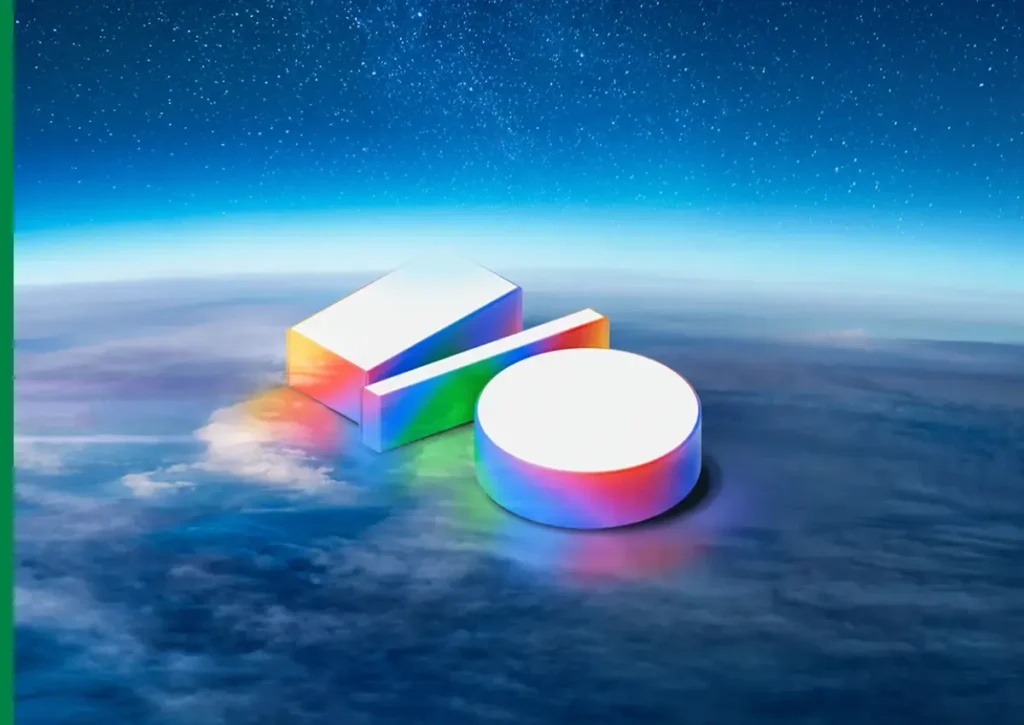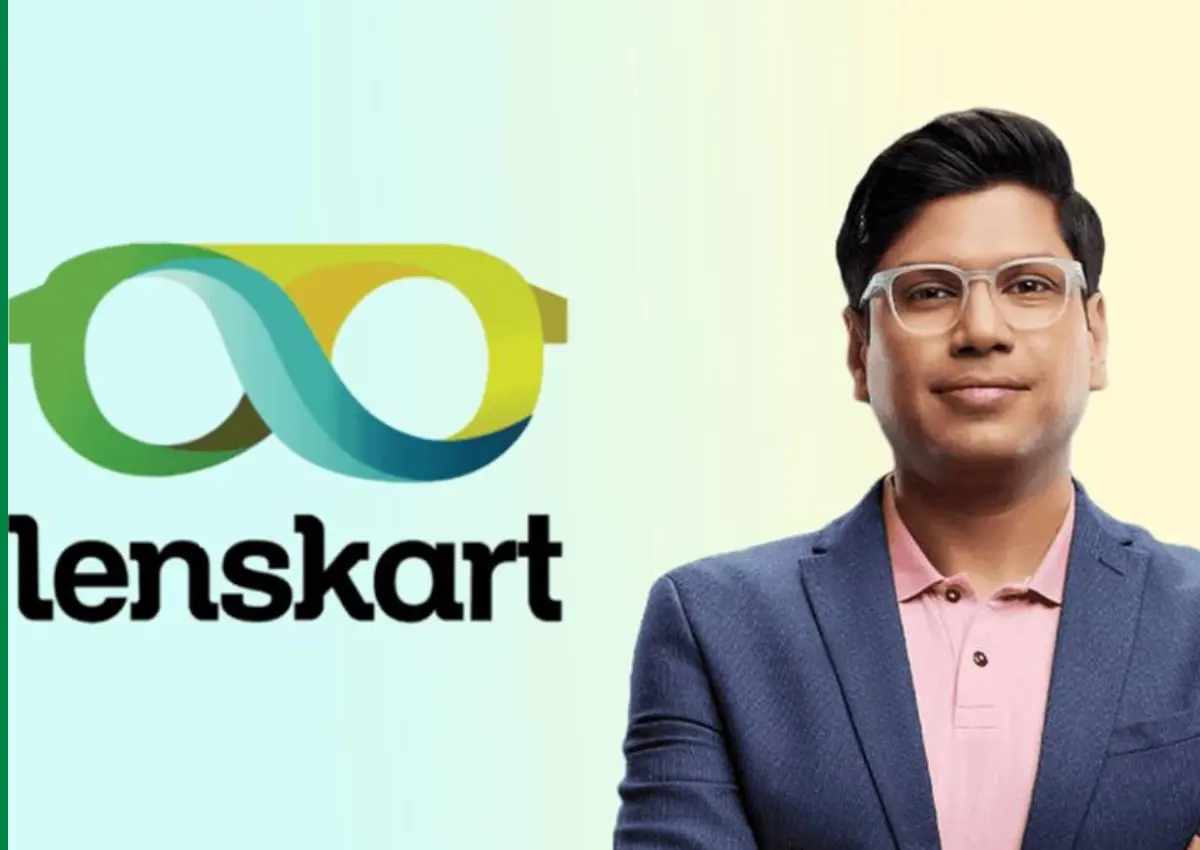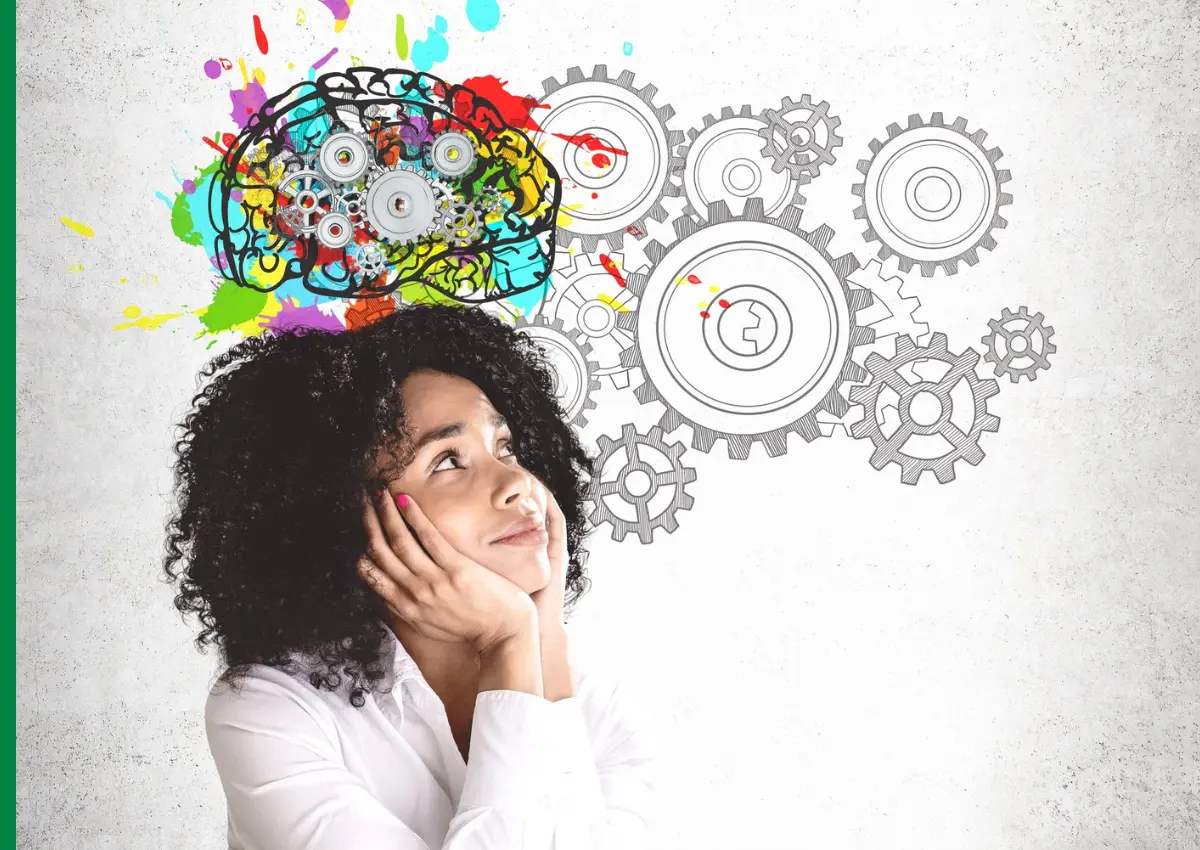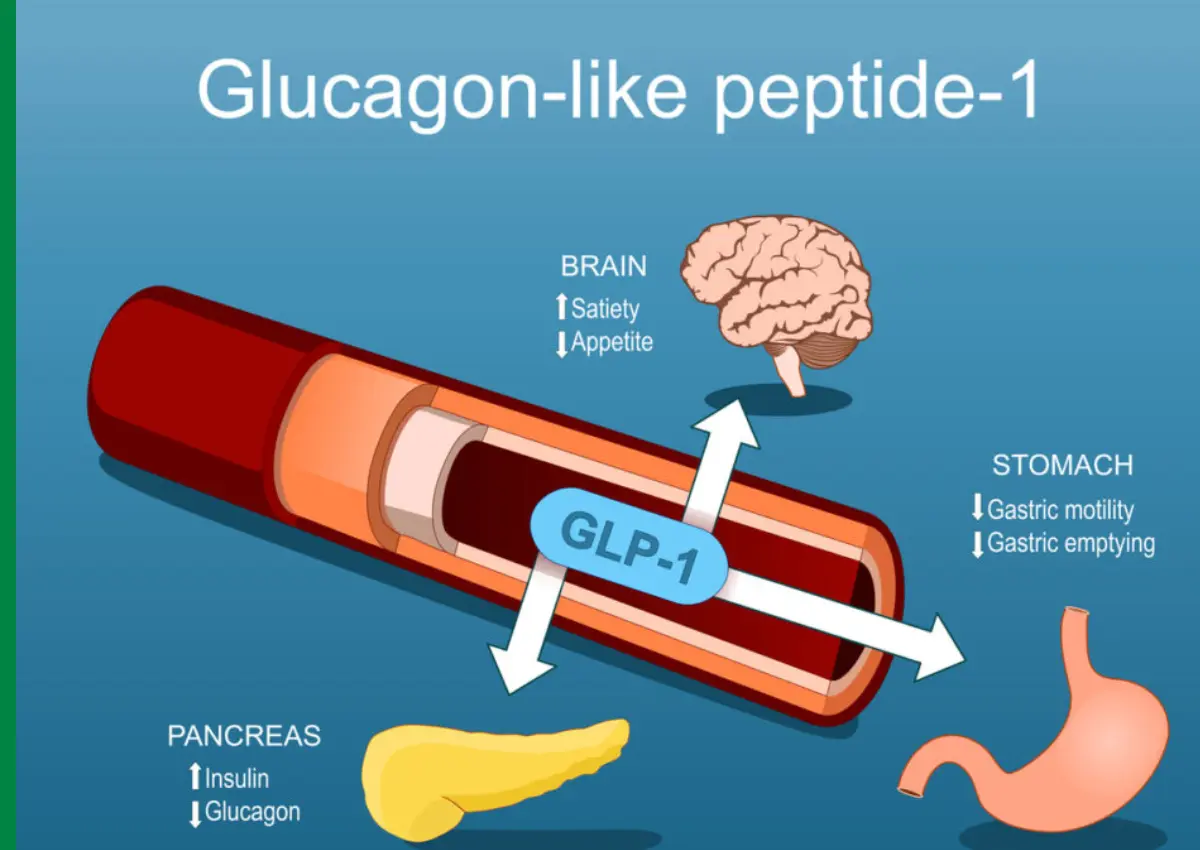At the Shoreline Amphitheatre in Mountain View, California, Google unfolded a vision that was years in the making—and felt surprisingly intimate. Google I/O 2025 was more than just a tech showcase; it was a statement of intent. AI isn’t just the future—it’s here, it’s personal, and it’s ready to reshape how we live, create, and connect.
From unveiling Gemini’s next-generation capabilities to rewriting how we search, see, and interact with the world, the announcements were bold, ambitious, and surprisingly grounded. Here’s everything that defined the event and what it means for users, developers, and dreamers alike.

Gemini Becomes the Soul of Google
Gemini was at the heart of nearly every announcement. No longer just a chatbot or a standalone app, Gemini has evolved into a fully integrated AI agent—present across Android, Chrome, Workspace, and even Search.
Gemini 1.5 Pro: Smarter, Faster, Human-Like
The latest iteration, Gemini 1.5 Pro, isn’t just a minor upgrade. It supports a context window of up to 1 million tokens—a monumental leap that allows it to remember and process entire codebases, books, or hours of conversation at once. This means it can assist developers in debugging complex projects or help students understand entire academic subjects without losing track of the narrative.
What’s more, it’s deeply aware of your workflow. It can open apps, analyze files, recommend actions, and even summarize YouTube videos, Google Docs, or Gmail threads in real-time.
Gemini Live: Conversational AI, Redefined
Perhaps the most mind-blowing reveal was Gemini Live—an assistant that speaks with nuance, listens actively, and even sees through your camera. Forget the robotic “Okay, Google” interactions. With Gemini Live, you can have real-time, flowing conversations—ask questions mid-sentence, interrupt, correct yourself, or simply talk like you would with a friend.
This version integrates voice, vision, and memory. Say you’re assembling furniture: turn on your camera, and Gemini will guide you by recognizing parts visually. It can even detect your confusion and rephrase instructions or show a 3D animation. It’s the closest AI has come to true companionship.
Google Search in “AI Mode”: From Finding Answers to Solving Problems
Google reintroduced itself by reimagining its core product: Search. For 25 years, users have typed queries and received lists of links. Now, with AI Mode, that experience becomes conversational, personalized, and visual.
AI Overviews: Smarter Summaries
AI Overviews now roll out to all users in the U.S., providing quick, multi-step answers that actually understand your intention. Looking for a gluten-free, budget-friendly meal plan? AI Mode doesn’t just list recipes—it generates a weekly plan, complete with local store links, YouTube tutorials, and scheduling tools.
This is search that does the task for you.
Search by Voice, Image & Video
The multimodal upgrade is game-changing. You can now:
- Upload a photo of a broken object and ask, “How do I fix this?”
- Record a 10-second video of your dog scratching and ask if it might be a health issue.
- Speak a question halfway through typing it, and Google will merge all inputs seamlessly.
It feels intuitive because it mirrors how we think—a mixture of visuals, questions, and spontaneity.
Android XR: Google’s First Steps into Immersive Reality
Extended Reality (XR) finally found its place in the Android ecosystem with the introduction of Android XR, a dedicated platform for immersive computing.
In partnership with Samsung and Qualcomm, Google is building a reference design for next-gen smart glasses and XR headsets. These aren’t bulky, developer-only devices—they’re sleek, user-ready, and powered by Gemini.
Real-World Applications:
- Smart Glasses + Gemini: You can walk through a museum, and Gemini will describe paintings in your language with historical context.
- Hands-Free Work: In logistics or manufacturing, workers can access instructions in real-time, overlaid in their field of view.
- Fitness and Health: Integrated sensors and AI feedback will guide posture, track progress, and even encourage you.
Google also announced XR tools for developers, including 3D modeling kits, hand tracking APIs, and spatial sound tools.
Project Astra: AI That Thinks, Sees, and Remembers
A surprise that drew standing ovations was Project Astra, an experimental AI prototype that behaves more like a real-world companion.
Using the device camera, microphone, and on-device Gemini model, Astra can:
- Recognize and remember items in a room.
- Understand context across time (e.g., recall where you left your keys).
- Analyze sounds, such as music or machinery, and give feedback.
In a demo, a user showed Astra a whiteboard full of equations and asked, “What’s wrong here?” Astra scanned it, identified an error in logic, and explained the fix—instantly.
This feels like the birth of AI memory—where machines not only see and respond but remember and help over time.
Beyond Devices: AI for Society, Sustainability, and Creativity
Google also highlighted how AI is being used to solve real-world problems:
- Fire Sat: A satellite-based AI system trained to detect wildfires in real-time.
- Wing: An aerial delivery service using drones to deliver food and medicines during natural disasters.
- Veo: A text-to-video generator that produces cinematic, high-definition short films from simple prompts—ideal for filmmakers, educators, and content creators.
In creative spaces, Veo complements Imagen (text-to-image) and MusicLM (AI-generated music), completing Google’s creative trifecta for storytellers.
Developers, Ethics, and the Path Forward
Google emphasized responsible AI development. Every demo included transparency features—letting users know how an answer was generated, offering options to verify facts, and using “AI-generated” watermarks in images and videos.
For developers, the Gemini API is available across platforms, with a new Gemini Code Assist tool built for VS Code and JetBrains IDEs. Android Studio also gets Gemini-powered code suggestions, bug fixes, and multilingual support.
Google reaffirmed its commitment to open source, carbon-neutral operations, and building AI that’s safe, inclusive, and accessible globally.
Final Thoughts: A Future That’s Not Just Smarter—But Kinder
At I/O 2025, Google didn’t just showcase technology—it painted a future where AI works alongside us, not above us. It’s no longer about speed alone; it’s about meaningful help, creative collaboration, and emotional intelligence.
This was not a conference for coders alone—it was for everyone navigating a world where tech is no longer separate from life.
As Sundar Pichai said during his keynote:
“Technology should adapt to you—not the other way around.”
And this year, it finally does.



